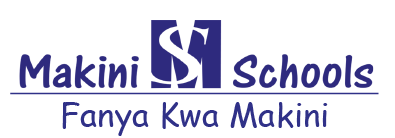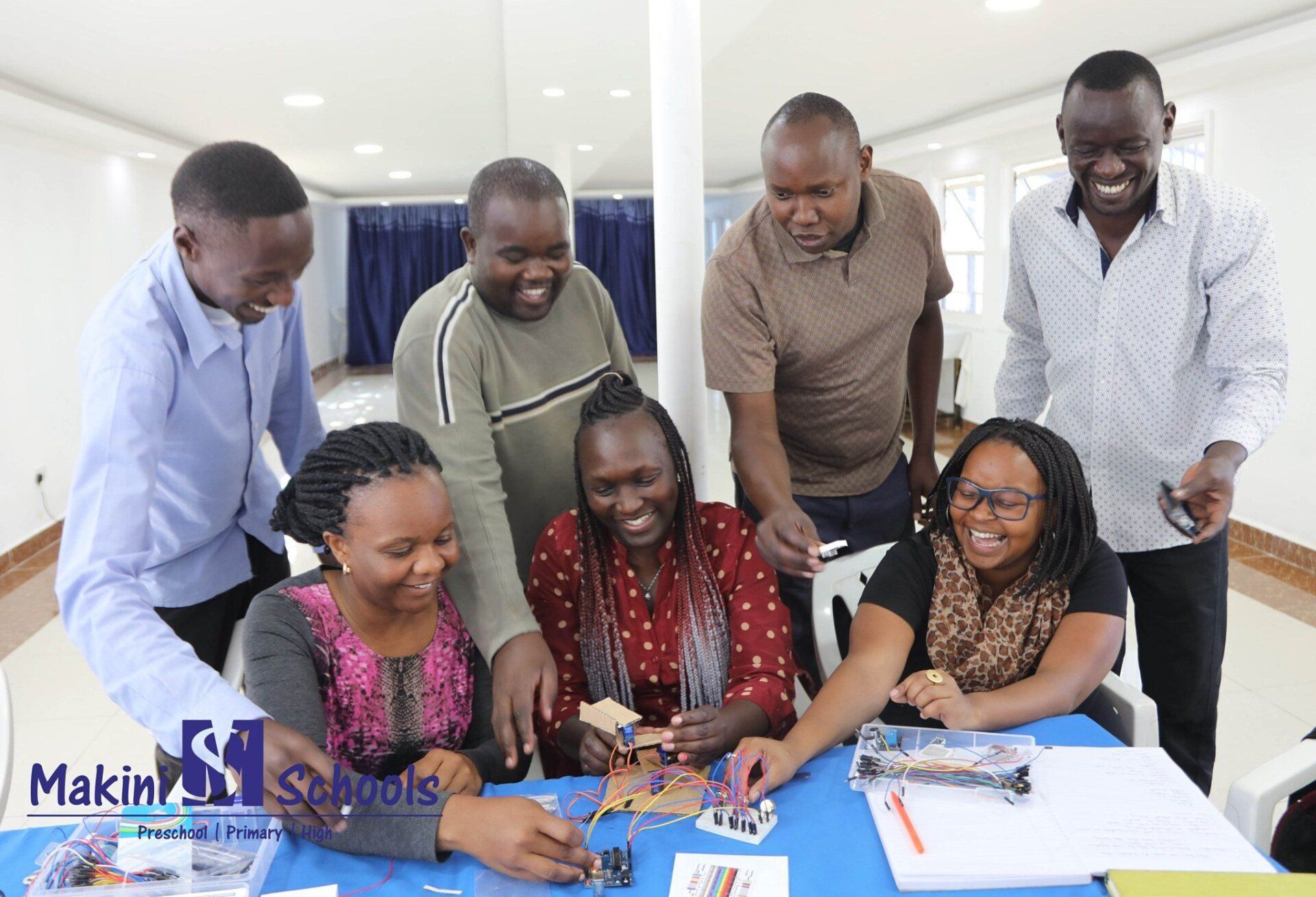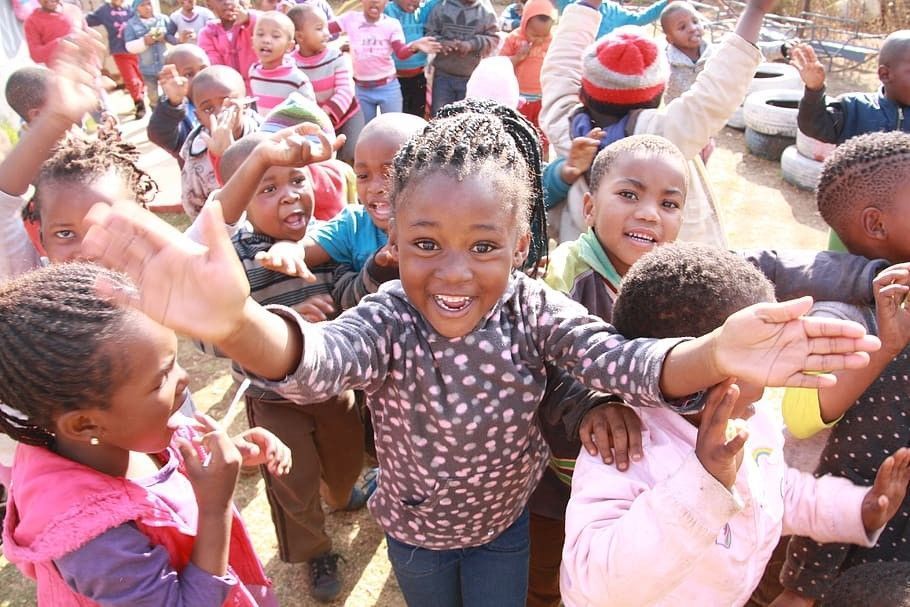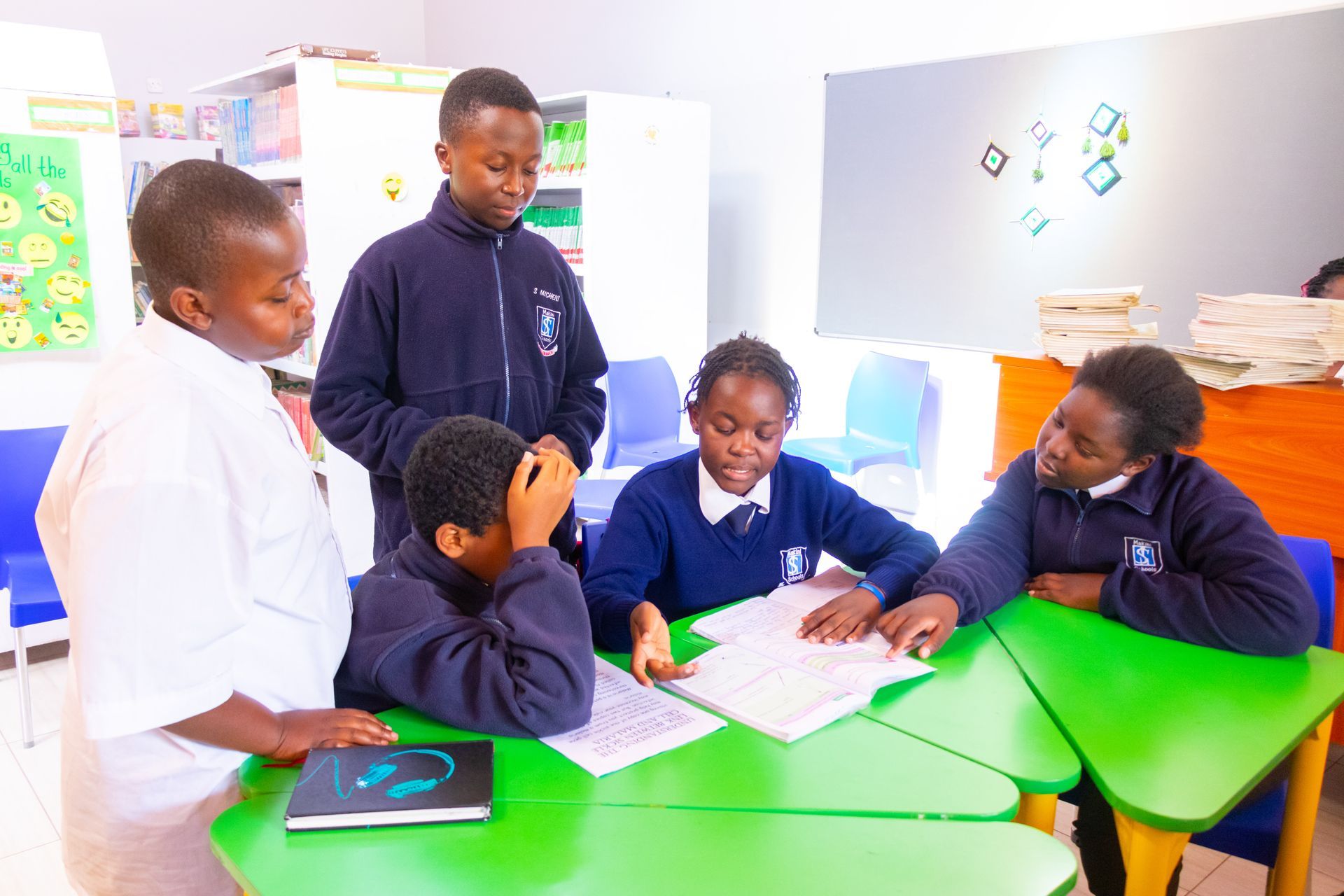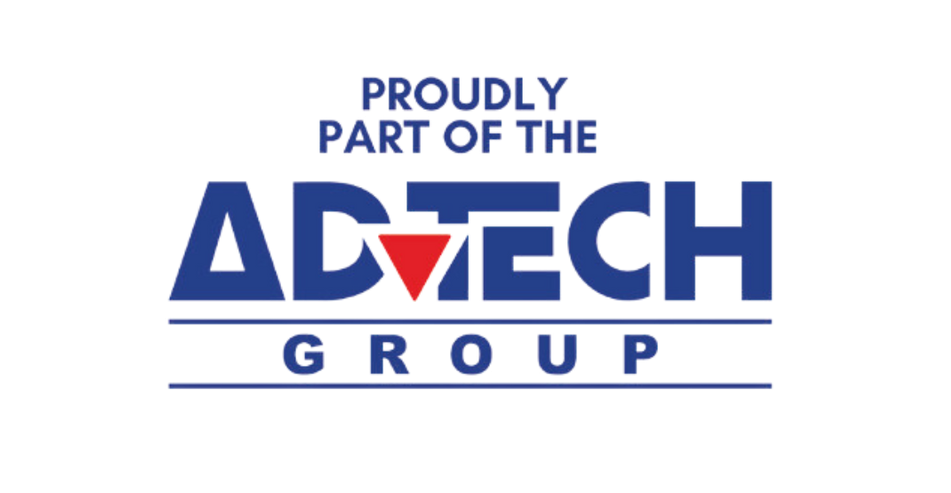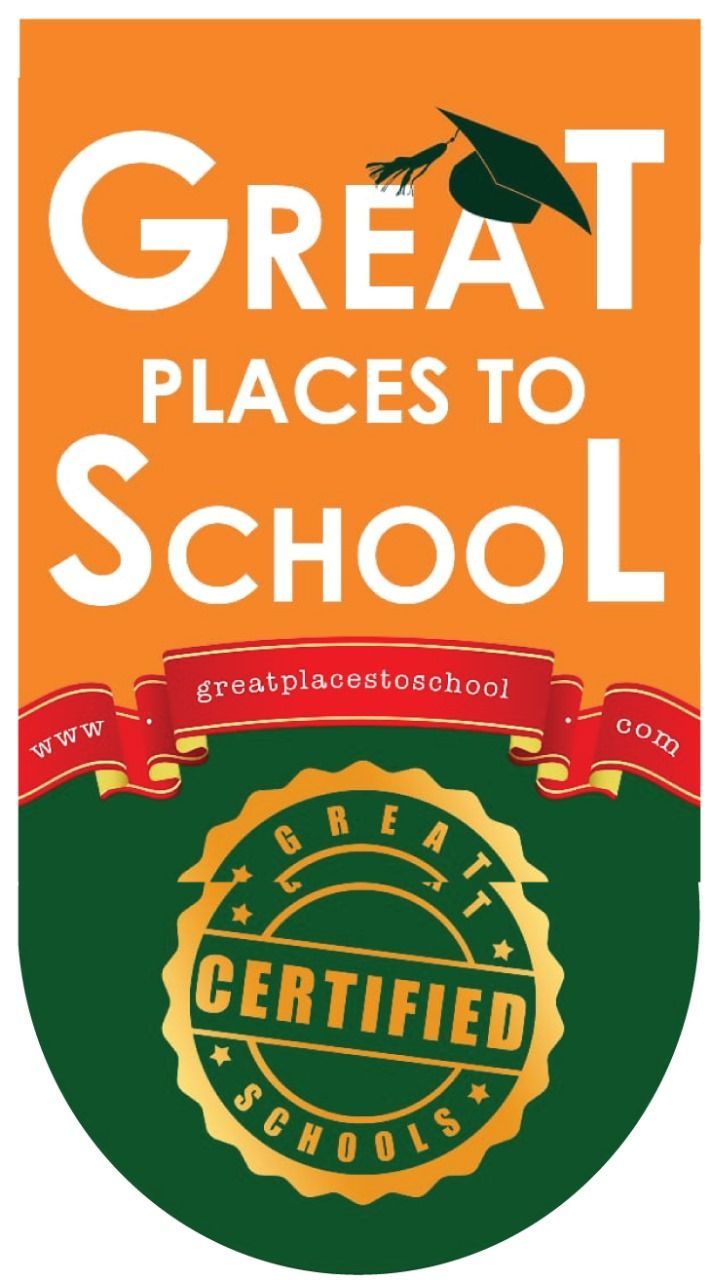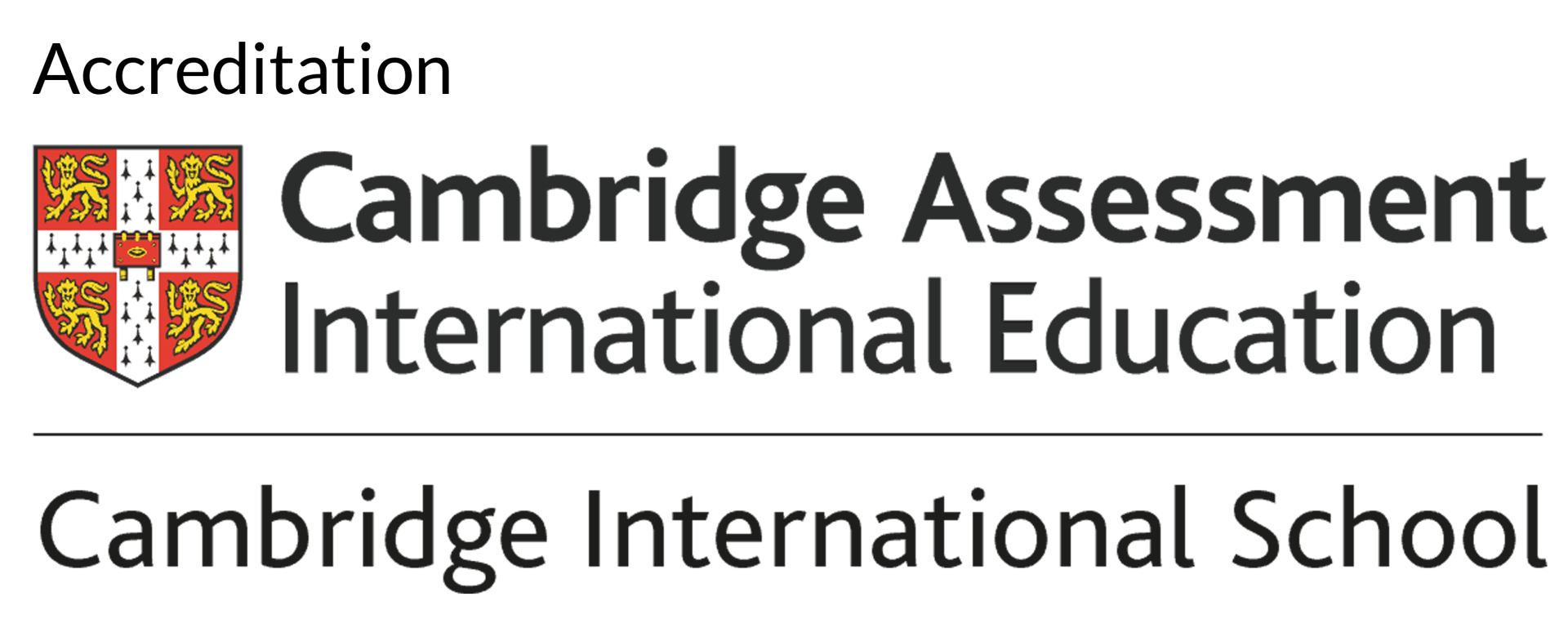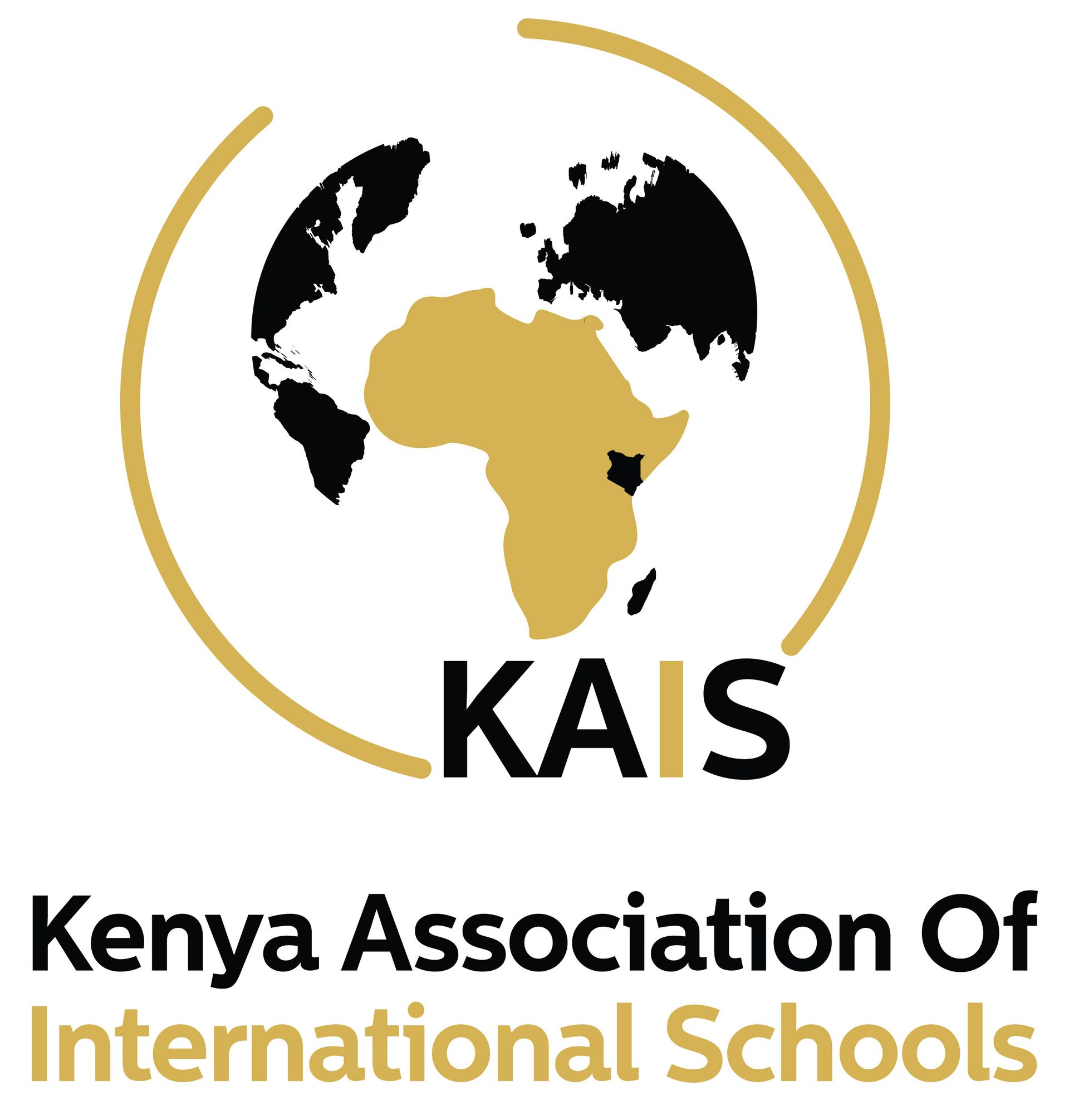Understanding the Competency-Based Curriculum
The implementation of the Competency-Based Curriculum in Kenya was prompted by a variety of factors aimed at transforming the country's education system. The conventional rote-learning method was deemed inadequate in preparing learners for the modern world.
Why the Competency-Based Curriculum?
Kenya is a developing country that is constantly looking for ways to grow. The implementation of the Competency-Based Curriculum is one example of such development. The establishment of this framework arose from the need to update and enhance Kenya's education system. The education sector considered that it was equally important to promote knowledge application as it was to promote its acquisition.
The implementation of the Competency-Based Curriculum emphasised what learners were expected to do rather than what they were expected to know. For example, it is not enough that students know the process of growing a plant; instead, they could be tasked with sprouting a plant from a bean, which allows them the opportunity to apply the acquired knowledge to real-life scenarios.
What are the seven core competencies of the Competency-Based Curriculum?
1. Communication and collaboration
Language is a tool we use to exchange and convey information with others. Under this curriculum, our learners are able to acquire the skill and ability to exchange with others’ thoughts, information and behaviour. The Competency-Based Curriculum necessitates for collaboration in a number of learning activities. Work can be done in pairs or groups if not the entire class. This encourages learners to speak to one another and be cooperative in order to achieve a common goal.
2. Critical thinking and problem solving
One of the key outcomes of a quality education is a learner's ability to utilise the following critical thinking skills: problem-solving, making judgements and reasoning. This skill is important as it allows learners to constantly evolve their thinking and adapt in the future.
3. Imagination and creativity
A child's mind is rather creative and imaginative in their formative years. The Competency-Based Curriculum capitalises on that aptitude. It encourages learners to convert what is in their imagination into creative materials. It also motivates learners to seek out new ideas and turn them into reality.
4. Citizenship
A community is a group of people who share a common belief or identity. This shared identity is often anchored by subcommunities. The more the group of people in this community grows, the more set of values they share. Once they are governed by a political, economic, social and religious framework, they become citizens. They experience a sense of belonging and patriotism - wanting to uphold what is right and condemn wrong behaviour. The Competency-Based curriculum encourages our learners to understand their role as members of a larger community.
5. Learning to learn
Learning is a never-ending endeavour. Acquiring new information allows one to become a better decision maker and problem solver. The Competency-Based Curriculum encourages our teachers to teach learners how to think and not what to think, which means learners will develop an inclination to seek new information, even outside the confines of the school system.
6. Self-efficacy
This competency ensures that learners are capable of independently completing tasks successfully. This means that a learner can take a difficult task and break it down into its smaller components for better understanding without rely heavily on their teacher. The by-product of this skill is that the learner demonstrates a high self-esteem and increased confidence.
7. Digital literacy
One advantage the current generation enjoys is being digitally savvy. Children are able to navigate their way on digital devices with ease. Digital literacy is measured by learner's ability to safely and cleverly use hardware and software technology to access information. In a world where tech becomes quickly obsolete, learners who are prepared for change adapt quicker.
What is the difference between Competency-Based Assessment and Competency-Based Curriculum?
Competency-Based assessment is the process that determines the learner’s aptitude for acquired knowledge, skills and values. The two types of Competency-Based assessments are formative assessment and summative assessment.
Competency-Based Curriulum on the other hand is the education framework that guides the teaching process. Makini School has emerged as a pioneer in the adoption and execution of Competency-Based curriculum in Kenya. With a commitment to innovation and excellence, our school has seamlessly integrated the Competency-Based Curriculum principles into its teaching methodologies.
Through continuous professional development, Makini School equips its educators with the knowledge and skills needed to effectively deliver the Competency-Based Curriculum. This dedication to quality education is exemplified by the school's tailored approach to curriculum delivery, ensuring that learners' unique learning needs are always met.
The Benefits of Core Competencies in CBC
The implementation of core competencies in CBC offers a plethora of advantages to learners. These competencies provide a more comprehensive and well-rounded education that prepares learners for the complexities of the real world. Here are some of the key benefits:
- Holistic Development: CBC's core competencies foster holistic development by emphasising skills that are essential not only in academics but also in life. This allows learners to become well-rounded individuals at school and at home.
- Problem-Solving: Learners learn critical thinking skills, enabling them to analyse problems and find innovative solutions. Parents can help their children improve these skills by assisting them in figuring out how to manage their time between homework, play time, chores and other activities.
- Communication: Effective communication is a cornerstone of success. CBC emphasises strong communication skills, which are valuable in all aspects of life.
- Collaboration: Learners are encouraged to work together, promoting teamwork and cooperation. This is a lifelong skill a child can carry with them into adulthood.
- Digital Literacy: In today's technology-driven world, digital literacy is a must. CBC equips students with these essential skills.
- Lifelong Learning: With a focus on lifelong learning, CBC instils the value of continuous education and self-improvement.
What is the difference between Competency-Based Assessment and a Competency-Based Curriculum?
Competency-Based assessment is the process that determines the learner’s aptitude for acquired knowledge, skills and values. The two types of Competency-Based assessments are formative assessment and summative assessment.
Competency-Based Curriulum on the other hand is the education framework that guides the teaching process. Makini School has emerged as a pioneer in the adoption and execution of Competency-Based curriculum in Kenya. With a commitment to innovation and excellence, our school has seamlessly integrated the Competency-Based Curriculum principles into its teaching methodologies.
Through continuous professional development, Makini School equips its educators with the knowledge and skills needed to effectively deliver the Competency-Based Curriculum. This dedication to quality education is exemplified by the school's tailored approach to curriculum delivery, ensuring that learners' unique learning needs are always met.
The Role of Competency-Based Assessment
In the CBC, assessment methods are designed to measure a student's understanding of core competencies. These assessments differ from traditional exams in that they focus on real-world applications of knowledge and skills. Competency-based assessment includes project-based assignments, practical demonstrations and continuous evaluations. The following are a few benefits of competency-based assessment:
- Individualised Learning
Assessment in CBC is tailored to individual progress, allowing students to advance at their own pace. - Reduced Exam Stress
The elimination of high-pressure exams reduces stress levels and promotes a more relaxed learning environment. - Skill Mastery
Competency-based assessment ensures that students truly master the core competencies, rather than simply memorising information for exams.
Parental Involvement and Support in the Competency-Based Curriculum
Parents play an important role in a learner's educational journey, especially in a competency-based curriculum. Their involvement and support can make a significant difference in a child's development.
- Understanding the Curriculum: Parents should familiarise themselves with the CBC, its core values, and the assessment methods. This knowledge enables them to support their children effectively.
- Encouragement and Motivation: Parents can motivate their children by showing interest in their progress, praising their efforts and providing encouragement.
- Engaging with Teachers: Communication with teachers and school staff can help parents stay informed about their child's progress and any areas that may need improvement.
- Creating a Supportive Environment: A nurturing home environment that encourages critical thinking, creativity, and effective communication complements the CBC's goals.
- Balancing Extracurricular Activities: While the CBC emphasises core competencies, a well-rounded education includes extracurricular activities. Parents can help students strike a balance.
A modern education requires modern approaches. That is why parents and teachers must work together to help learners thrive under the competency-based curriculum.
